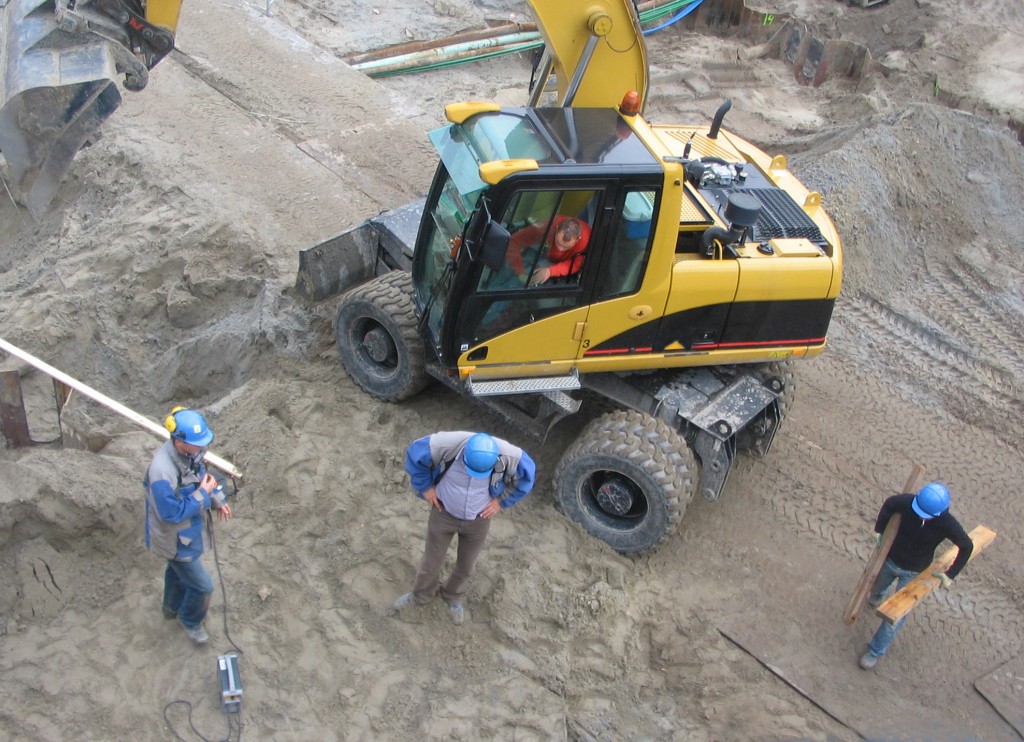Impact of Overmanning

The most common response by contractors to an accelerated or compressed schedule is the implementation of overmanning. Overmanning is preferred because it can produce a higher rate of progress without the fatigue problems of overtime and the coordination problems realized with shift work. However, overmanning introduces additional problems including: site congestion, stacking of trades, the dilution of supervision, a higher cost per unit hour (a result of additional crew members being inadequately trained), a higher accident rate, and supply chain inefficiencies (due to materials and tools being consumed at a much faster rate). The aforementioned problems confront contractors with a significant increase in total costs since they act to reduce productivity per manhour. When schedule acceleration or compression occurs, and overmanning is used, the contractor is entitled not only for the direct costs of the extra workers but also for the impact costs caused by the productivity losses present with overmanning. Hanna Consulting Group can help you recover the cost of these productivity losses using quantitative analysis techniques, developed by our consultants for the specialty trades industry in conjunction with NECA (National Electrical Contractors Association), MCAA (Mechanical Contractors Association of America), and SMACNA (Sheet Metal and Air Conditioning Contractors). Take advantage of HCG’s expertise in overmanning in the preparation of your next claim for impacts from schedule acceleration.
